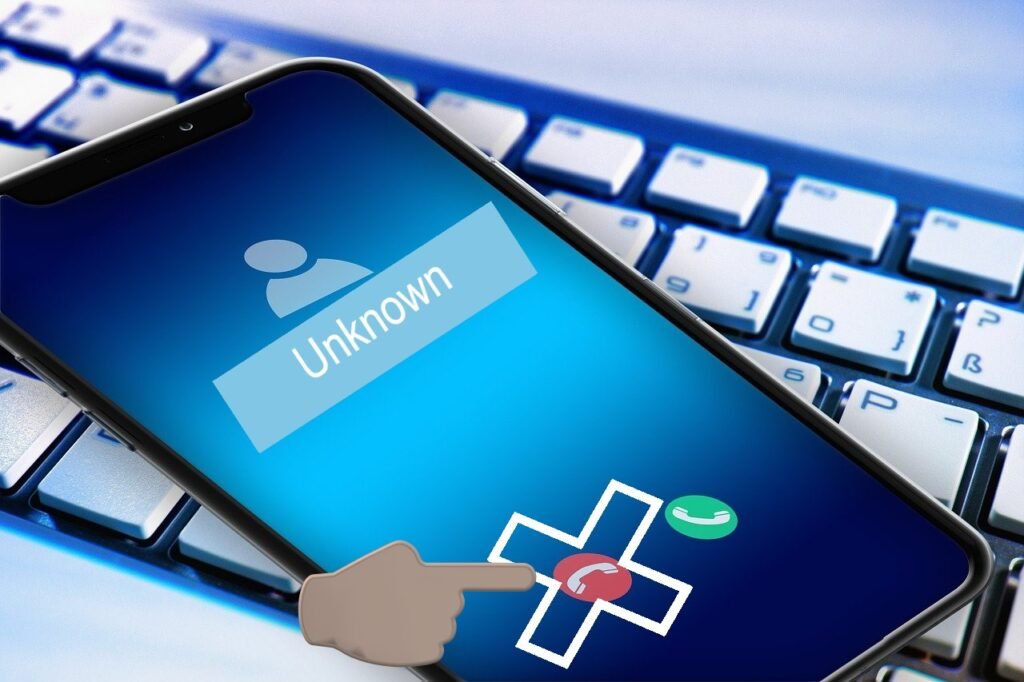Table of Contents
What is Identity Theft?
Identity theft is the illegal act of obtaining and using your personal information, including your name, Social Security number, credit card information, or other identifying data, without your consent. This can result in financial loss, damage to your credit, and a lengthy process to reclaim your identity.
The problem of identity theft is becoming more concerning in our modern, technology-focused society. With so much personal information accessible online, protecting yourself from identity theft is more important than ever. In this blog post, we will explore effective strategies to safeguard your personal information and prevent identity theft. By following these tips, you can reduce the risk of falling victim to fraud and keep your identity secure.
Why is Identity Theft a Serious Issue?
Identity theft can have severe consequences for individuals. Victims often face financial loss, ruined credit scores, and emotional distress. Additionally, resolving identity theft issues can be time-consuming and challenging. This problem is very serious. We need to act now to protect our personal information.
How Can I Protect Myself from Identity Theft?
1. Use Strong, Unique Passwords
Creating strong, unique passwords for each of your online accounts is one of the most effective ways to protect yourself from identity theft. Don’t use simple passwords like “password123” or your date of birth. Instead of using a plain password, try incorporating a mixture of letters, numbers, and special characters. It may also be helpful to utilize a password manager to securely store and manage your passwords.
2. Enable Two-Factor Authentication (2FA)
Adding two-factor authentication to your online accounts enhances their security.. To log in, you’ll need your password and a verification code. This code will be sent to your phone. This creates a higher level of difficulty for cybercriminals attempting to gain access to your accounts, even with knowledge of your password.
3. Monitor Your Financial Statements
It is important to consistently check your bank and credit card statements for any unauthorized charges. Promptly report any suspicious activity to your financial institution. Checking your financial statements helps you catch potential identity theft early and take the necessary actions to mitigate the damage.
4. Shred Sensitive Documents
Physical documents containing personal information, such as bank statements, medical records, and tax documents, should be shredded before disposal. Dumpster-diving is a common tactic used by identity thieves to retrieve sensitive information. Shredding these documents helps prevent your information from falling into the wrong hands.
5. Be Cautious with Public Wi-Fi
Public Wi-Fi networks are often less secure than private networks, making it easier for cybercriminals to intercept your data. It is not recommended to use public Wi-Fi for activities involving sensitive data, such as online banking. When using public Wi-Fi, it is recommended to utilize a Virtual Private Network (VPN) to safeguard your data by encrypting your internet connection.
6. Secure Your Devices
Make sure that your computer, smartphone, and other devices are protected with up-to-date security software. Install antivirus and anti-malware programs to detect and remove malicious software. Additionally, enable firewalls and keep your operating system and applications updated to protect against vulnerabilities.
7. Be Wary of Phishing Scams
Phishing scams are deceptive tactics used to acquire your personal data by pretending to be a reliable source. These fraudulent schemes are frequently presented through emails, text messages, or telephone conversations. Exercise caution when clicking on links or sharing personal information. Make sure to confirm the authenticity of the sender before taking any further action.
8. Use Credit Monitoring Services
Credit monitoring services alert you to changes in your credit report, such as new accounts opened in your name or significant changes to your credit score. These services can help you detect identity theft early and take prompt action to address any issues.
9. Freeze Your Credit
Freezing your credit prevents new creditors from accessing your credit report, making it more difficult for identity thieves to open accounts in your name. You can unfreeze your credit temporarily if you need to apply for credit. This is a powerful tool to protect yourself from identity theft, especially if you do not plan to apply for new credit in the near future.
10. Educate Yourself and Stay Informed
Stay up-to-date on the newest tricks and methods that cybercriminals use to steal identities. Educate yourself on how to recognize potential threats and protect your personal information. Knowledge is a powerful tool in preventing identity theft.
The Importance of Strong Passwords
Having strong passwords is a crucial measure in safeguarding your online accounts against identity theft. A strong password acts as a barrier between your personal information and cybercriminals. To create a strong password, consider the following tips:
- Combine both uppercase and lowercase letters.
- Include numbers and special characters.
- Avoid using easily guessable information, such as your name or birthdate.
- Make sure your password is at least 12 characters in length.
- Avoid using the same password for different accounts.
Password managers can help you generate and store complex passwords, making sure that you use unique passwords for each of your accounts. By taking the time to create and manage strong passwords, you significantly reduce the risk of identity theft.
Conclusion
Protecting yourself from identity theft requires vigilance and proactive measures. By implementing the strategies discussed in this blog post, you can safeguard your personal information and reduce the risk of falling victim to identity theft. Remember to use strong passwords, enable two-factor authentication, monitor your financial statements, and stay informed about the latest security threats. Taking these steps will help you protect your identity and maintain your peace of mind.



